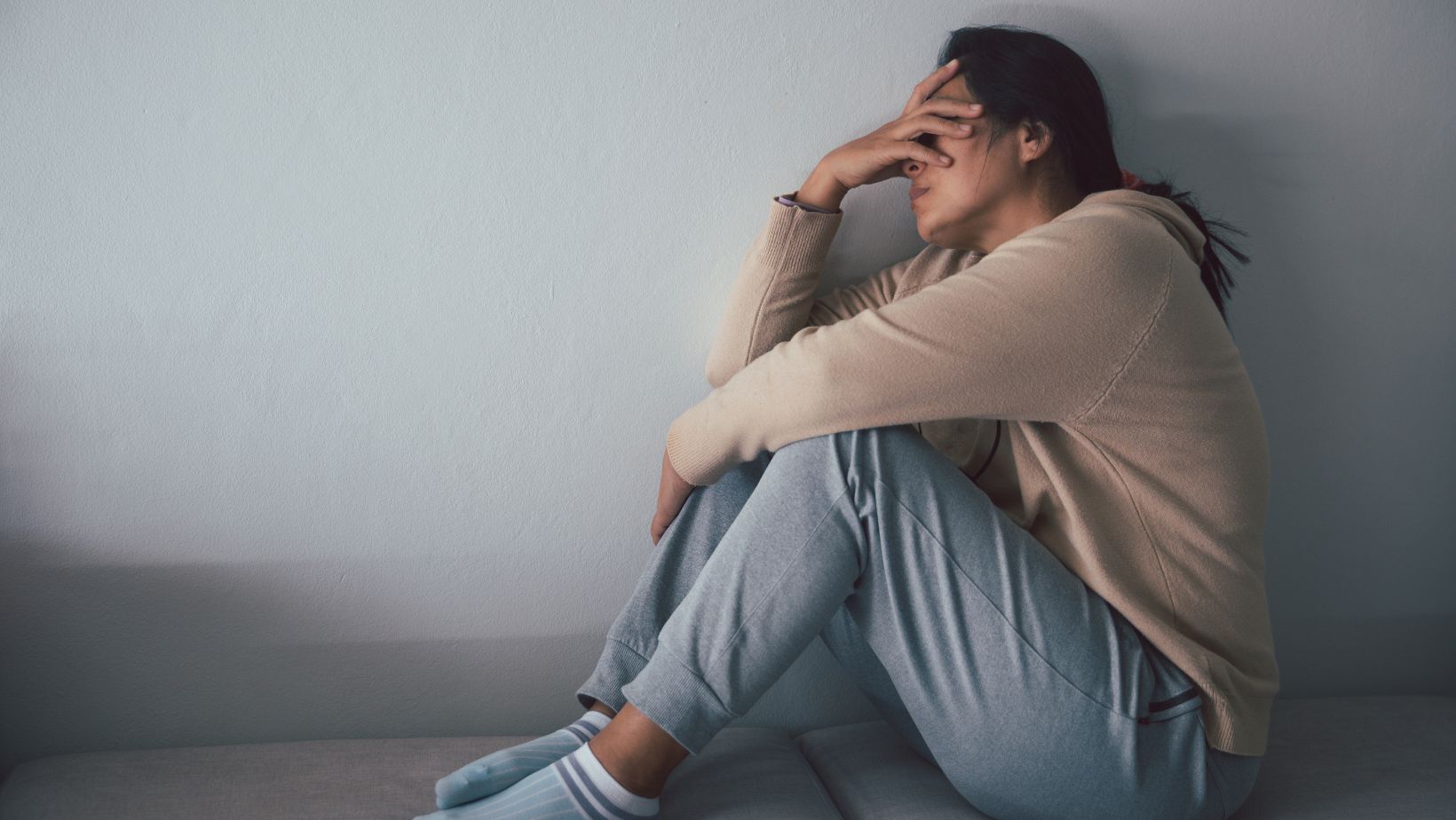Life throws many challenges our way, and how we respond to them can affect our mental health significantly. Stress and anxiety are two emotional responses that many people experience, but understanding the difference between them is crucial for effective management.
What Causes Stress and Its Symptoms?
Stress is usually triggered by external factors, also known as stressors. These could include:
- Short-term stressors: Work deadlines, a fight with a loved one, or preparing for an important event.
- Long-term stressors: Chronic illness, being unable to work, or experiences of discrimination.
Our bodies respond to these stimuli by triggering the “fight or flight” response, which can cause a variety of psychological and physical symptoms, including:
- Digestive issues
- Irritability and anger
- Fatigue
- Difficulty sleeping
- Muscle pain
It’s vital to recognize these symptoms early on, as prolonged stress can lead to serious health issues.
What is Anxiety, and How Does It Manifest?
Unlike stress, which is a reaction to external triggers, anxiety often doesn’t have a clear cause.

It is defined by persistent, excessive worries that don’t dissipate even when the stressor is absent. Anxiety brings about symptoms similar to stress but are typically more persistent:
- Insomnia
- Difficulty concentrating
- Fatigue
- Muscle tension
- Irritability
Anxiety can severely impact one’s daily life and functioning, making even routine activities seem overwhelming.
Coping Mechanisms for Stress and Anxiety
Dealing with stress and anxiety effectively can significantly improve your quality of life. Here are some strategies:
- Physical Activity: Regular exercise can help reduce symptoms.
- Nutritious Diet: Eating a balanced diet supports overall mental and physical health.
- Good Sleep Hygiene: Maintaining regular sleep patterns.
- Psychedelic Retreats: For those seeking alternative approaches, psychedelic retreats have been explored as a potential way to reset the mind and alleviate chronic stress and anxiety, offering a unique environment for introspection and healing.
If these methods don’t alleviate your symptoms, it might be time to seek professional help. A mental health professional can provide more tailored strategies and possibly identify underlying issues such as anxiety disorders.
Understanding Anxiety Disorders
Anxiety disorders are more severe than typical anxiety and often require professional intervention. Some common anxiety disorders include:
- Generalized Anxiety Disorder (GAD): Characterized by excessive worry about various topics for most days over six months.
- Panic Disorder: Sudden attacks of anxiety that may leave one sweating, dizzy, and gasping for air.
- Specific Phobias: Intense fear of specific objects or situations, such as heights or flying.
- Social Anxiety: Pervasive fear of social situations, leading to avoidance of social interactions.

These disorders are usually treated with psychotherapy, medication, or a combination of both. Cognitive Behavioral Therapy (CBT) and exposure therapy are among the most effective treatments.
When to Seek Professional Help
If you’re feeling overwhelmed by stress or anxiety, and self-help strategies aren’t working, seeking professional help is a wise move. A psychologist can help you better understand your symptoms, identify any underlying conditions, and provide you with effective coping tools.
According to the National Institute of Mental Health, 31% of Americans will experience an anxiety disorder at some point in their lives, emphasizing the importance of early intervention and proper treatment.
Conclusion
Understanding the difference between stress and anxiety can help you take the right steps toward managing these emotions effectively. While lifestyle changes like physical activity, a nutritious diet, and good sleep hygiene can help, it’s crucial to recognize when professional help is needed. Remember, a significant portion of the population will struggle with an anxiety disorder at some point, so you’re not alone. Taking proactive steps can lead to better mental health and a higher quality of life.
For more insights on managing stress and anxiety, consult reliable sources and healthcare professionals.
